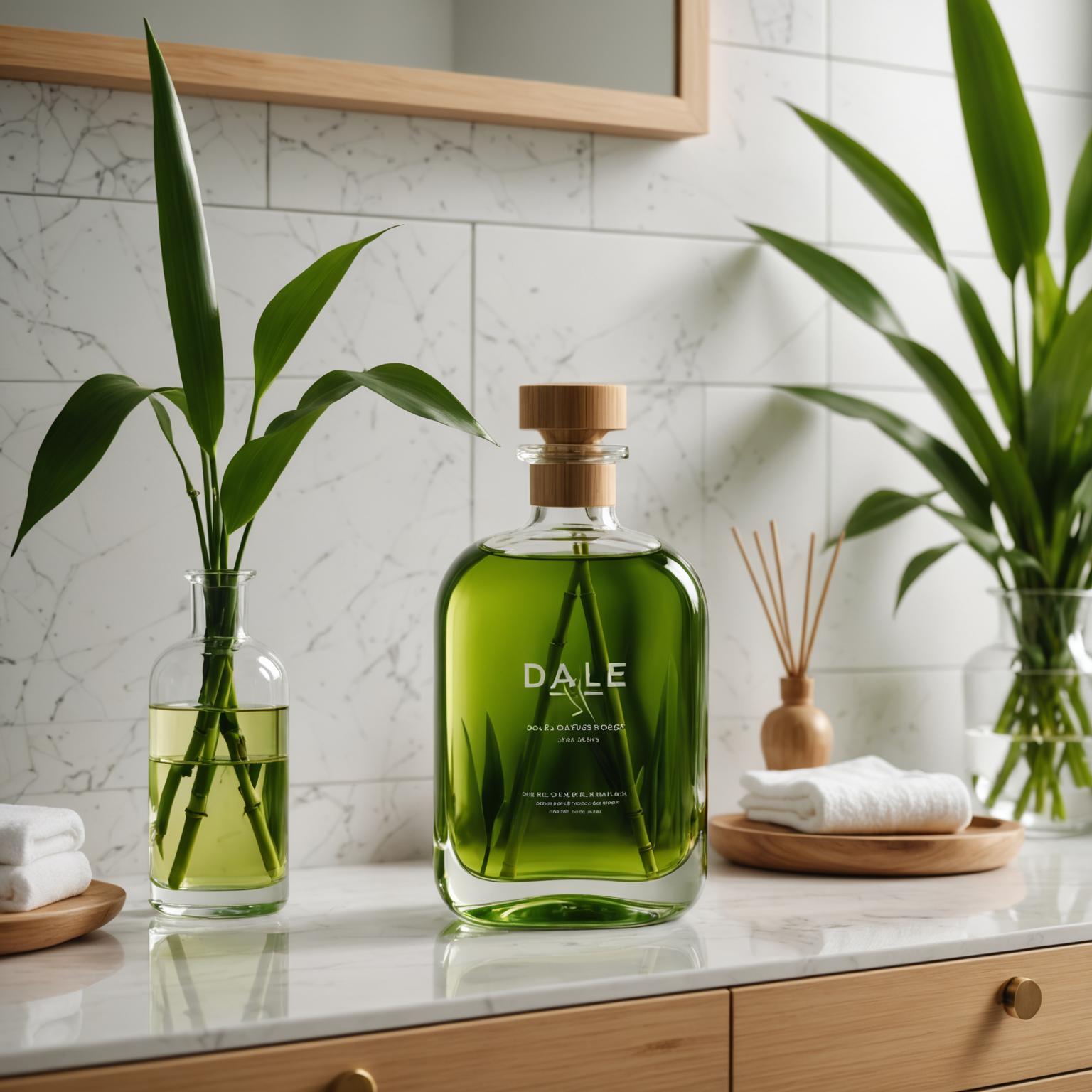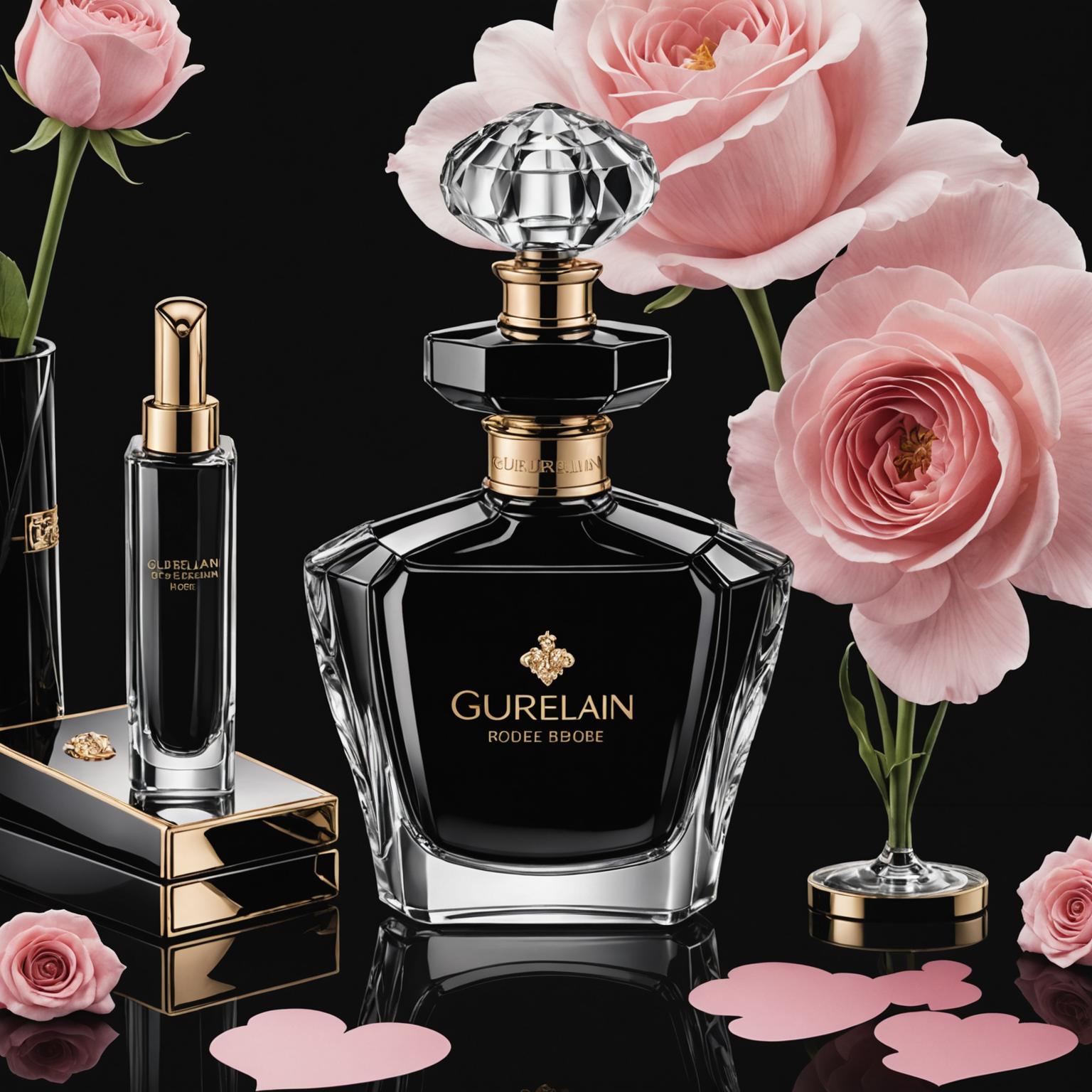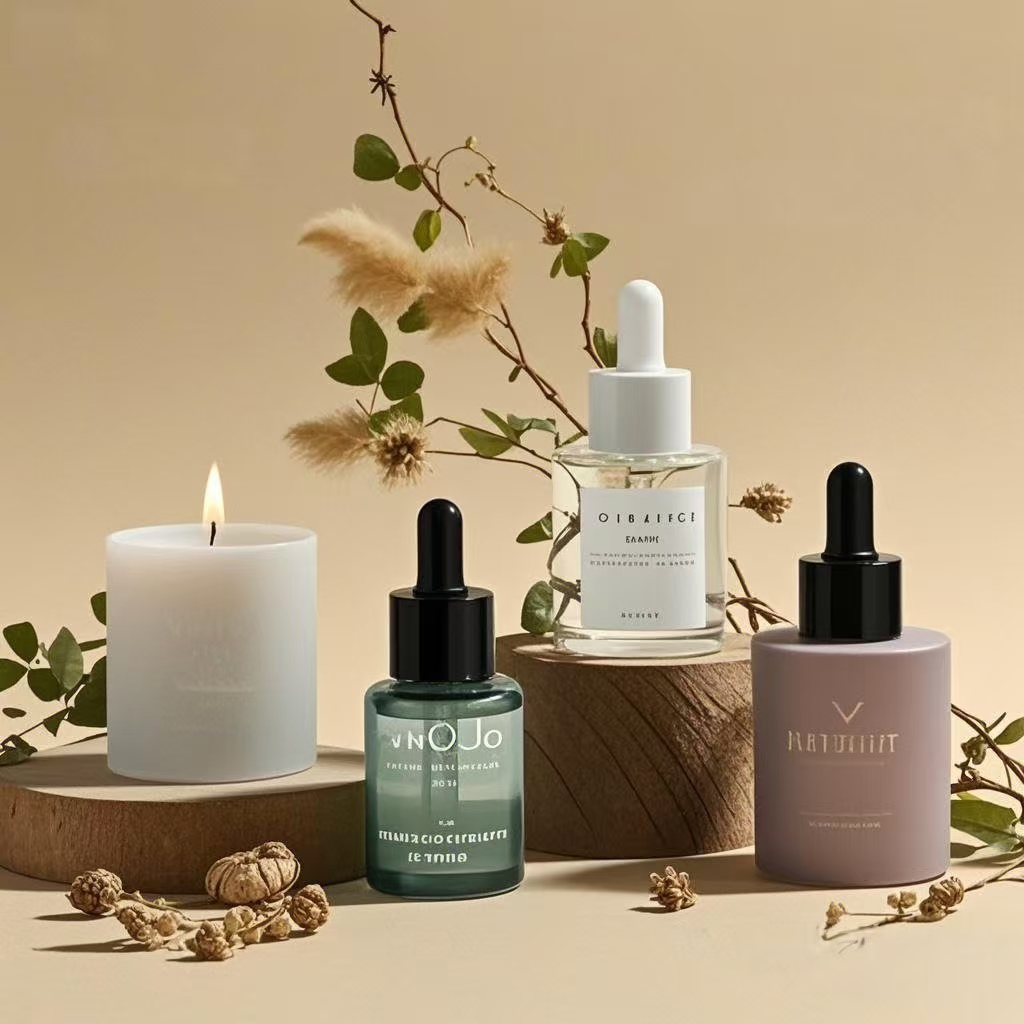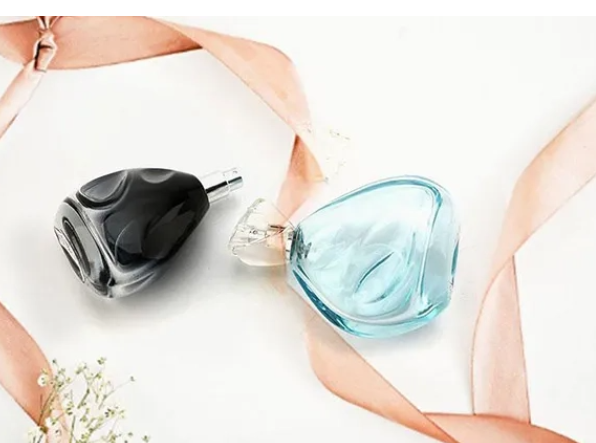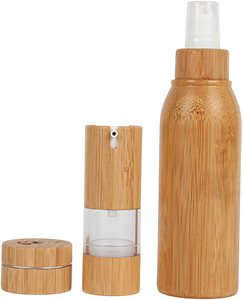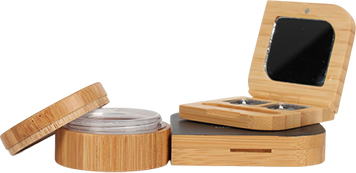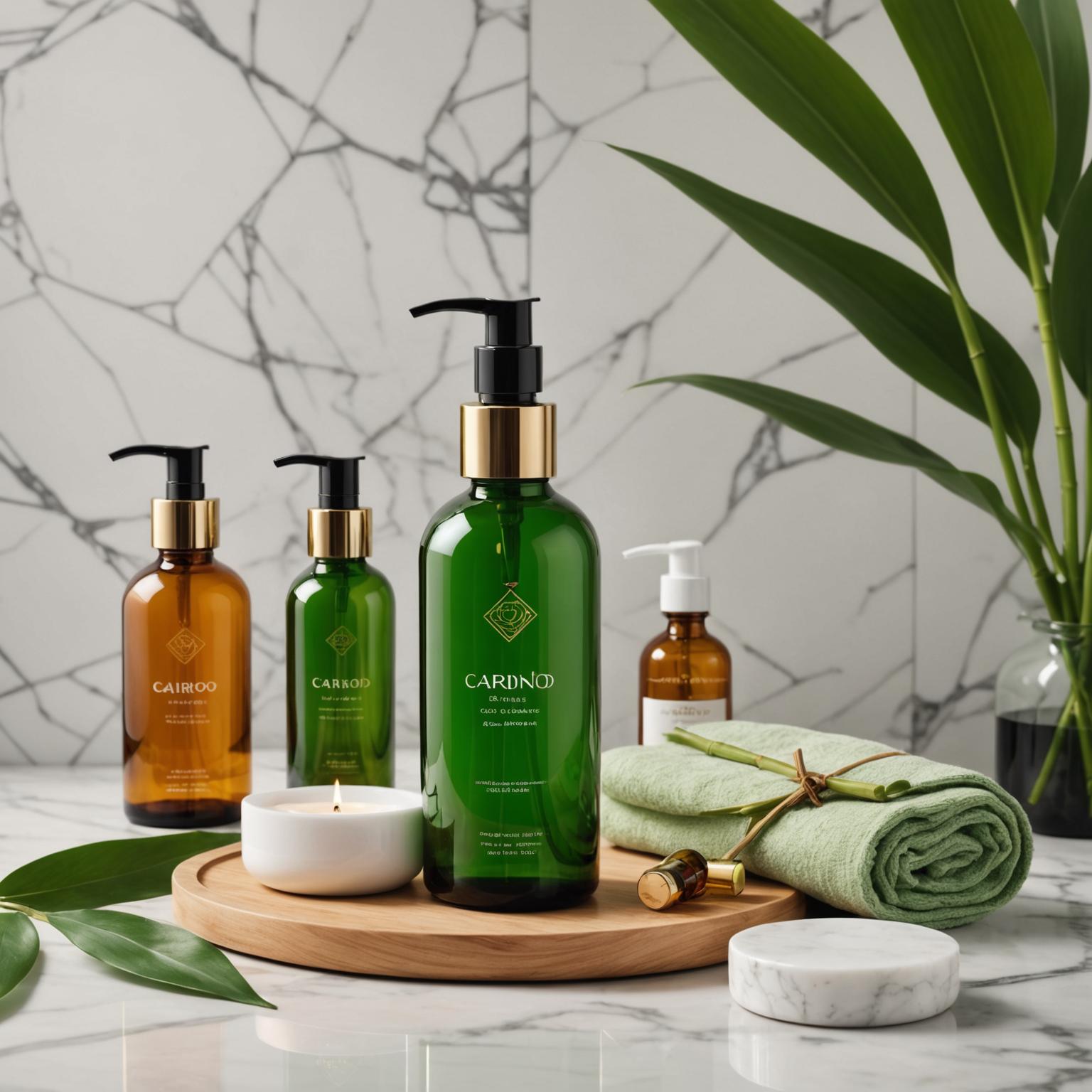In 2024, a global survey by McKinsey found that 67% of consumers actively choose brands with sustainable packaging, and 58% will switch to a competitor if their packaging is more eco-friendly. For brands across beauty (essential oils, skincare), food & beverage (juices, snacks), and household goods, sustainable bottles are no longer a niche choice—they’re a business imperative.
Yet the challenge lies not just in "going green," but in choosing the right type of sustainable bottle and the right supplier to match your brand’s needs. Should you opt for PCR plastic bottles from a wholesaler that caters to brands? Invest in PLA-sugarcane blend bottles from a specialized manufacturer? Or go for pure sugarcane-derived packaging bottles from a dedicated producer?
This SEO-optimized blog is designed to answer these questions. We’ll dive deep into the technical specs, pros, cons, and ideal applications of each bottle type, then break down the unique value of working with a PCR plastic bottle wholesaler for brand clients, PLA sugarcane blend bottle manufacturer, or sugarcane-derived packaging bottle manufacturer. By the end, you’ll have a clear roadmap to select the perfect sustainable bottle and partner—while boosting your Google rankings for key search terms.
Chapter 1: Breaking Down the Three Core Sustainable Bottle Types for Brands
Not all sustainable bottles are created equal. Each type has distinct properties that align with different brand priorities, from cost and durability to environmental impact. Let’s break them down.
1.1 PCR Plastic Bottles: The Cost-Effective, Recyclable Workhorse
PCR (Post-Consumer Recycled) plastic bottles are made from recycled plastic waste—think used water bottles, food containers, or packaging—that’s collected, sorted, cleaned, and reprocessed into new resin. They’re the most widely adopted sustainable bottle option for brands, and for good reason.
Key Features
- Environmental Impact: PCR bottles reduce reliance on virgin plastic, cutting carbon emissions by 40-60% compared to traditional PET (per the Ellen MacArthur Foundation’s 2023 report). They’re also fully recyclable, meaning they can re-enter the recycling stream after use, closing the plastic loop.
- Performance: PCR bottles match virgin plastic in durability, shatter resistance, and chemical compatibility—they work for liquids (oils, juices), creams, and powders alike. A slight haze (from the recycling process) is common, but many brands now use this as a visual "eco-signal" to highlight sustainability.
- Cost: PCR bottles are the most budget-friendly sustainable option. They’re 15-25% more expensive than virgin plastic but 20-30% cheaper than PLA-sugarcane blend or sugarcane-derived bottles, making them ideal for brands balancing eco-goals and margins.
Ideal Brand Use Cases
PCR plastic bottles shine for brands that need scalability and affordability without compromising sustainability:
- Mass-Market Beauty: Drugstore skincare lines (e.g., moisturizer jars, body wash bottles) where cost sensitivity is high.
- F&B Staples: Condiment bottles (ketchup, salad dressing) or bottled water brands targeting mainstream consumers.
- Household Goods: Laundry detergent or dish soap bottles that require durability for frequent use.
For brands, partnering with a PCR plastic bottle wholesaler for brand clients is the smart move—these wholesalers specialize in large-scale, brand-focused needs (more on this in Chapter 2).
1.2 PLA-Sugarcane Blend Bottles: The Balanced Choice for Biodegradability & Durability
PLA (Polylactic Acid, derived from corn or sugarcane) and sugarcane-derived polymers are often blended to create bottles that combine the best of both materials. This blend addresses PLA’s biggest flaw (low heat resistance) and sugarcane’s (higher cost), making it a versatile middle ground.
Key Features
- Environmental Impact: The blend leverages PLA’s biodegradability and sugarcane’s renewability. Under industrial composting (140°F, 60% humidity), these bottles break down into water and CO2 in 3-6 months. They also reduce carbon emissions by 50-70% compared to virgin plastic (per European Bioplastics data). Note: They don’t biodegrade in home compost or landfills—industrial facilities are required.
- Performance: The sugarcane component boosts heat resistance (up to 120°F, vs. 110°F for pure PLA), so they can handle slightly warmer products. They’re lightweight and clear, with better durability than pure PLA—ideal for short-to-medium shelf-life items.
- Cost: PLA-sugarcane blend bottles fall in the middle of the price spectrum. They’re 30-40% more expensive than PCR but 15-20% cheaper than pure sugarcane-derived bottles. The cost reflects the specialized blending process and raw material sourcing.
Ideal Brand Use Cases
This blend is perfect for brands that want biodegradability without sacrificing practicality:
- Premium Beauty Samples: Travel-sized serums or face masks (single-use, easy to compost after use).
- Cold-Pressed Juices & Smoothies: Products consumed quickly, with no need for high heat resistance.
- Event Branding: Custom water bottles for conferences or festivals (can be collected and sent to industrial compost facilities).
Since blending requires specialized equipment, brands should work directly with a PLA sugarcane blend bottle manufacturer—these manufacturers have the expertise to fine-tune the blend for specific product needs.
1.3 Sugarcane-Derived Packaging Bottles: The Premium, Renewable Choice
Sugarcane-derived bottles are made from ethanol extracted from sugarcane, which is converted into polyethylene (PE) or PET. Also called "bio-based PET," they’re 100% derived from renewable resources and offer a premium, eco-friendly alternative to traditional plastic.
Key Features
- Environmental Impact: Sugarcane absorbs CO2 as it grows, making these bottles carbon-negative in many cases—they sequester more carbon during production than they emit. They’re also fully recyclable, fitting into existing recycling streams (no new infrastructure needed).
- Performance: Sugarcane-derived bottles are identical to virgin PET/PE in clarity, durability, and heat resistance (up to 176°F). They have no haze or tint, so brands can maintain their existing visual identity (critical for luxury lines).
- Cost: These are the priciest sustainable option—30-45% more expensive than PCR and 15-25% more than PLA-sugarcane blend. The cost stems from limited sugarcane ethanol supply and specialized production.
Ideal Brand Use Cases
Sugarcane-derived bottles are a top pick for premium brands that want to highlight "renewable sourcing" as a core value:
- Luxury Beauty: High-end perfume bottles, facial oils, or organic skincare lines (consumers associate sugarcane with "natural" and "premium").
- Craft Beverages: Artisanal beers, cold-brew coffees, or organic juices (brands can market the "carbon-negative" attribute to stand out).
- Premium Household: Natural cleaning products for eco-conscious consumers willing to pay more for sustainability.
Brands here benefit most from partnering with a sugarcane-derived packaging bottle manufacturer—direct collaboration ensures supply chain transparency and customization (see Chapter 2).
Chapter 2: Choosing Your Supplier: Wholesalers vs. Manufacturers for Brand Success
Once you’ve picked a bottle type, the next step is selecting the right supplier. The three options—PCR plastic bottle wholesaler for brand clients, PLA sugarcane blend bottle manufacturer, and sugarcane-derived packaging bottle manufacturer—each offer unique advantages based on your brand’s size, order volume, and needs.
2.1 PCR Plastic Bottle Wholesaler for Brand Clients: Scalability & Brand-Centric Support
A PCR plastic bottle wholesaler that caters to brand clients specializes in bulk orders and understands the unique needs of brands (e.g., custom branding, compliance, consistent supply). They source from multiple verified manufacturers, acting as a one-stop shop for brand packaging.
Key Advantages
- Scalability for Large Orders: Brands selling 100,000+ units/year need reliable supply—wholesalers work with dozens of factories, so they can handle spikes in demand or factory downtime without delays.
- Brand-Centric Services: Unlike general wholesalers, they offer customizations like embossed logos, color matching (for PCR’s haze), and private labeling. They also help navigate compliance (e.g., FDA for food contact, GRS for recycled content).
- Cost Efficiency: By buying in bulk from manufacturers, wholesalers pass on savings to brands. They also offer flexible shipping (FCL/LCL) to reduce logistics costs—critical for mass-market brands.
Who Should Partner With Them?
- Mass-Market Brands: Drugstore beauty lines, big-box F&B brands, or household goods companies with high order volumes (50,000+ units/order).
- Brands New to PCR: Those that don’t have the resources to vet individual manufacturers or manage multiple supply chains.
- Brands Needing Customization: Those that want to add logos or colors to PCR bottles without working directly with factories.
Example: A national bottled water brand selling 5 million units/year can partner with a PCR wholesaler to get GRS-certified PCR bottles with their logo, consistent supply, and competitive pricing.
2.2 PLA Sugarcane Blend Bottle Manufacturer: Expertise in Blending & Compliance
PLA-sugarcane blend bottles require specialized production—blending PLA and sugarcane polymers at precise ratios to hit performance targets. A dedicated manufacturer has the equipment and expertise to create consistent, high-quality blends tailored to brand needs.
Key Advantages
- Blend Customization: Brands can adjust the blend (e.g., 60% PLA/40% sugarcane for better biodegradability, 50/50 for more durability) based on their product. For example, a juice brand might want a higher sugarcane ratio for heat resistance.
- Compliance Guidance: Biodegradable packaging has strict certifications (ASTM D6400, EN 13432). Manufacturers know which blends meet these standards and can provide documentation to avoid "greenwashing" risks.
- Quality Control: Since they produce the blend in-house, manufacturers can ensure consistency—no variation in clarity, durability, or compostability across batches.
Who Should Partner With Them?
- Brands Focused on Biodegradability: Cold-pressed juice brands, beauty sample lines, or event marketers that need compostable bottles.
- Brands with Specific Performance Needs: Those that need a blend tailored to their product (e.g., slightly higher heat resistance for iced coffee).
- Mid-Sized Brands: Those with order volumes (20,000-100,000 units/order) that can work directly with manufacturers (no need for a wholesaler).
Example: A regional cold-pressed juice brand can work with a PLA-sugarcane blend manufacturer to create a 55/45 blend (PLA/sugarcane) that’s EN 13432-certified, clear, and heat-resistant enough for refrigerated storage.
2.3 Sugarcane-Derived Packaging Bottle Manufacturer: Transparency & Premium Customization
Sugarcane-derived bottle production is highly specialized—manufacturers either own sugarcane ethanol facilities or partner directly with sustainable farms. This direct control ensures transparency and allows for premium customizations.
Key Advantages
- Supply Chain Transparency: Premium brands need to prove their sustainability claims. Manufacturers provide documentation on sugarcane sourcing (e.g., sustainable farms in Brazil), ethanol production, and carbon footprint—data brands can use in marketing (e.g., QR codes on bottles).
- Premium Customization: From unique shapes (curved perfume bottles, square juice containers) to thick-walled designs (for luxury feel), manufacturers can create bottles that align with a brand’s premium identity. They also offer color matching to match brand palettes.
- Long-Term Partnership Benefits: For brands committed to sugarcane bottles, manufacturers offer volume discounts and priority production. They also share new innovations (e.g., higher sugarcane content, lighter weights) first.
Who Should Partner With Them?
- Luxury Brands: High-end beauty, craft beverages, or organic household brands that prioritize "premium sustainability."
- Brands Needing Transparency: Those that want to tell a clear supply chain story to consumers (e.g., "Our bottles are made from sugarcane grown on rainforest-safe farms").
- Brands with Custom Needs: Those that want unique bottle designs to stand out on shelves.
Example: A luxury organic skincare brand can partner with a sugarcane-derived manufacturer to create custom, clear PET bottles for their facial oil line, receive documentation on the sugarcane’s sustainable sourcing, and highlight this in their marketing.
Chapter 3: Step-by-Step Guide to Selecting Your Sustainable Bottle & Supplier
Follow this practical process to match your brand with the right bottle and supplier—no guesswork involved.
Step 1: Define Your Brand’s Priorities (Budget, Sustainability, & Product Needs)
Start with three questions:
- Budget: How much can you spend per bottle? PCR (cheapest) → PLA-sugarcane blend → sugarcane-derived (priciest).
- Sustainability Goal: Reduce plastic waste (PCR), achieve biodegradability (PLA-sugarcane blend), or use 100% renewable materials (sugarcane-derived)?
- Product Requirements: Does your product need heat resistance (avoid pure PLA), chemical compatibility (test blends), or a clear appearance (sugarcane-derived or PLA-sugarcane blend)?
Example: A budget-friendly drugstore shampoo brand might prioritize cost and recyclability—PCR bottles from a wholesaler are perfect. A luxury perfume brand might prioritize renewability and transparency—sugarcane-derived bottles from a manufacturer fit.
Step 2: Narrow Down Bottle Type Based on Use Case
Use your product’s traits to finalize the bottle type:
- Shelf Life: Long shelf life (1+ year)? Choose PCR or sugarcane-derived (more durable). Short shelf life (3-6 months)? PLA-sugarcane blend (biodegradable).
- End Use: Single-use (samples, events)? PLA-sugarcane blend. Reusable (skincare jars)? PCR or sugarcane-derived.
- Target Market: Mainstream consumers? PCR. Eco-conscious premium buyers? Sugarcane-derived.
Step 3: Pick a Supplier That Aligns With Your Brand Size & Needs
- Small Brands (Order Volume <20,000 units): Look for PCR wholesalers with low MOQs (minimum order quantities) or PLA-sugarcane blend manufacturers that cater to startups.
- Mid-Sized Brands (20,000-100,000 units): PCR wholesalers for scalability, or direct manufacturers (PLA-sugarcane blend/sugarcane-derived) for customization.
- Large Brands (>100,000 units): PCR wholesalers for bulk supply, or sugarcane-derived manufacturers for long-term partnerships and premium customization.
Step 4: Verify Certifications & Test Samples
Never skip this step—certifications prove your bottle’s sustainability claims, and samples ensure it works with your product:
- PCR: GRS (Global Recycled Standard) for recycled content, FDA/EFSA for food/beauty safety.
- PLA-Sugarcane Blend: ASTM D6400/EN 13432 (compostability), FDA/EFSA.
- Sugarcane-Derived: ISCC (International Sustainability and Carbon Certification), FDA/EFSA.
Test samples with your product: Check for leakage, chemical reactions (e.g., with essential oils), and durability before placing a large order.
Step 5: Negotiate Terms & Build a Long-Term Relationship
Negotiate MOQs, delivery times, and volume discounts. Building a relationship with your supplier pays off—you’ll get better pricing, faster production, and early access to new sustainable innovations (e.g., higher-recycled PCR, improved blends).
Chapter 4: 2024-2025 Trends Shaping Sustainable Bottle Sourcing
Stay ahead of the competition by leveraging these emerging trends:
4.1 Higher Recycled Content in PCR Bottles
Regulators are upping the ante—by 2025, the EU requires 35% recycled content in plastic bottles (up from 30% in 2024). PCR plastic bottle wholesalers for brand clients are already sourcing 50%+ recycled content PCR, so prioritize this to stay compliant and competitive.
4.2 Home-Compostable PLA-Sugarcane Blends
Current blends need industrial composting, but 2025 will see the launch of home-compostable versions (via new polymer tweaks). PLA sugarcane blend bottle manufacturers are testing these—ask about pre-orders to tap into the "zero-waste home" trend.
4.3 Carbon Labeling for Sugarcane-Derived Bottles
Consumers want concrete data—sugarcane manufacturers are adding carbon labels (e.g., "This bottle sequesters 2g of CO2"). Use this data in your marketing to build trust with eco-conscious buyers.
Conclusion: Your Roadmap to Sustainable Packaging Success
Choosing the right sustainable bottle and supplier isn’t just about being "green—it’s about aligning with your brand’s values, meeting consumer demands, and driving growth. Whether you opt for PCR bottles from a brand-focused wholesaler, PLA-sugarcane blend bottles from a specialized manufacturer, or sugarcane-derived bottles from a transparent producer, the key is to prioritize clarity on your goals, verify quality, and build a partner relationship that grows with you.
By following this guide, you’ll not only make an informed decision but also boost your Google rankings for key search terms—attracting more eco-conscious consumers and positioning your brand as a sustainability leader. Ready to start? Reach out to 2-3 suppliers (wholesalers or manufacturers) today to request samples, certifications, and quotes—your sustainable packaging journey begins now.
I can help you draft a personalized outreach email template to send to PCR plastic bottle wholesalers, PLA sugarcane blend manufacturers, or sugarcane-derived packaging bottle manufacturers—it will include key questions to ask about certifications, MOQs, and customizations. Would you like me to put that together for you?



